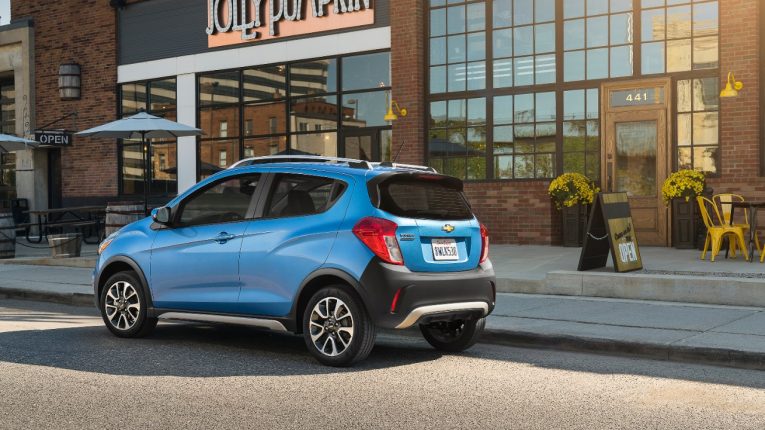
The Pros & Cons Of Buying A Small Car
Nowadays, it seems like most car manufacturers have opened up a small car category. These are sometimes called superminis, and it’s a class of car that’s designed to be smaller and more nimble than most.
What’s interesting is that more and more people are switching to these smaller cars. As you make your way through this article, you’ll see a few reasons why this is the case. With that in mind, we’d like to talk about small cars in more depth. Mainly, are they worth buying?
Seeing as you’re reading this, then the chances are you’re possibly interested in buying a small car, but would like some more information beforehand. Well, you’re in the right place. Below, we’ve run through all the key pros and cons that this type of car possesses:
Pro: Cheap
The key selling point for small vehicles is that they are cheaper than pretty much all other vehicles. Well, you do get some small cars from premium brands that are on-par with larger cars from lesser-known brands, but that’s normal. If you look at any car manufacturer’s website or go to their dealership, then the smallest cars will be the cheapest out of their range.
There’s a simple reason for this; they’re smaller than other cars. So, there are fewer materials required to make them. Plus, there’s less space for some of the features that you see in larger vehicles, which again saves money from your perspective.
As a consequence, lots of people are ‘downsizing’ from large cars to these small ones, purely to save money.
Con: Less powerful
Small cars are understandably less powerful than bigger ones. This is just because the engines are smaller, so there’s not as much power pushing them. Should this really be considered a con? Well, it might be a crucial disadvantage for some of the petrol heads out there. If you drive a lot and spend lots of time on long stretches of road, then you like having a powerful car to reach top speeds quickly. So, for long journeys, a smaller and less powerful vehicle can be pretty annoying.
Also, if you have a cargo trailer or like to tow a caravan behind your vehicle, then small cars just won’t work. Let’s rephrase that; they’ll still pull what’s behind you, but it will require almost too much power for the little engine. So, you will be moving at a very slow speed, and you risk damaging the engine by overworking it.
Pro: More economical
In general, small cars are more economical than big ones and can get more miles per gallon from the engines. This does depend on the specific car, but if you compared two vehicles from the same manufacturer, then the smaller one tends to come out on top.
Why? Ironically, it’s thanks to the lack of power. These cars are smaller and lighter than big ones, which means less power is needed to get them moving. This is also why you don’t see small cars with crazy horsepower; it’s just not required. Less stress is put on the engine, particularly if you’re not driving long distances. As such, fuel isn’t burned as quickly, and you can get more gas mileage out of them. In turn, this also leads to the first point about small cars being cheaper. By having better mileage, it reduces fuel costs as well. So, this just makes them even more cost-effective.
Con: Not as safe
Now, we move onto one of the most significant disadvantages of small cars. When you compare them to larger vehicles, they aren’t as safe. Speak to any car accident lawyer, and they will tell you that small cars always come off worse in collisions. In fact, you can have an accident involving a small car and an SUV, and the SUV will barely have a scratch, while the little car is written off.
That’s not to say these cars aren’t safe; for the most part, they are. Small cars are packed full of modern safety technology, just like other vehicles. The issue is just that they are lighter, smaller, and will come off second best in collisions. Some larger vehicles are built with airbags in the back seats these days as well, but you won’t have the space for this feature in smaller ones. Obviously, if you never get into an accident, then this won’t be an issue. But, it’s certainly worth thinking about if safety is your biggest priority.
Pro: Easier to drive and park
Another reason that people look to swap their larger cars for small ones is for the driving experience. While they’re not that great on long journeys, small cars come into their own when driven around cities. They’re perfectly sized for narrow roads with lots of turnings and traffic. They respond well to your steering and can be moved around tight spots with far more ease than a big car. Doing something like a turn in the road is infinitely more comfortable with a small vehicle!
Similarly, they’re much easier to park as well. Sometimes, you can park a supermini in a spot that a bigger car just wouldn’t be able to fit in. Plus, their maneuverability makes them ideal for parallel parking, reverse parking, and much more. If you live in a city or town, then small cars are sometimes more convenient to drive.
Con: Less space
Clearly, small cars lack the space of bigger ones. There’s no way around this, it’s just something you have to deal with. The trunk space seems to suffer the most, but there is still a lack of space in the back for passengers too. As a result, it can feel quite cramped, which means this type of car isn’t ideal for people who regularly drive around with multiple people in the back.
They can work as family cars, but usually only if you have one or two children. Any more, and you’ll need a bigger car with more space. Also, if you’re going on holiday, then it can be hard to fit your luggage in small cars because of the lack of room. If you need a lot of space, but you don’t want a massive car, then look at midsize sedans; they have more space than small cars, but they’re not overly big.
Pro: Easy to sell on
The popularity of small cars makes them very easy for you to sell on. Particularly as more people are moving to cities and want a cheap car to help them get around. So, you can get more value from your purchase as it will fetch a decent return when you want to sell it.
With some big cars, you’re catering to a more restricted audience. Therefore, they can be harder to sell, meaning you’re stuck with one on your driveway for a long time! Then, when you do eventually sell, it’s for a terrible price just so you can get rid of it.
Con: Not as comfortable
Lastly, we have to talk about ride comfort. Sedans, saloons, and SUVs are all designed to be comfortable. They have more robust and technical suspension systems, which leads to a smooth ride on bumpy roads. Small cars don’t really have as advanced suspensions, which usually makes them less comfortable.
If you drove down a road in a small car, then did the same in a bigger one, you would notice a difference. Your small car won’t be throwing you about the place like you’re on a rollercoaster, but it won’t provide as smooth a ride as the bigger vehicles.
To conclude, small cars have plenty of pros and cons. Should you buy one? It depends on what you’re looking for in a vehicle. Do you want something economical, cheap, and easy to drive? If space isn’t an issue, and you don’t go on long journeys, then a small car could be perfect for you.

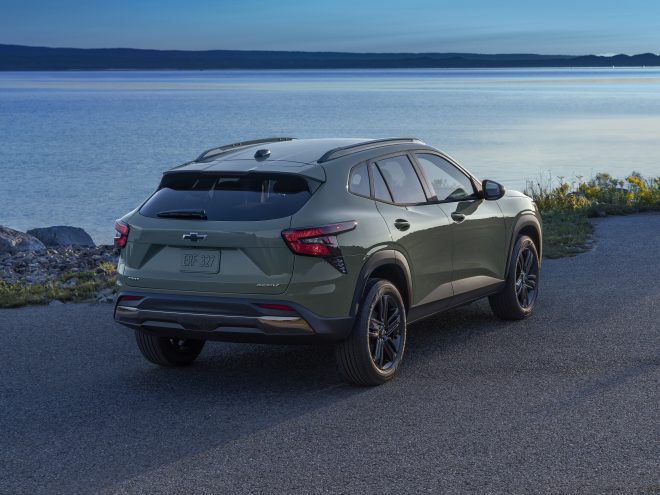
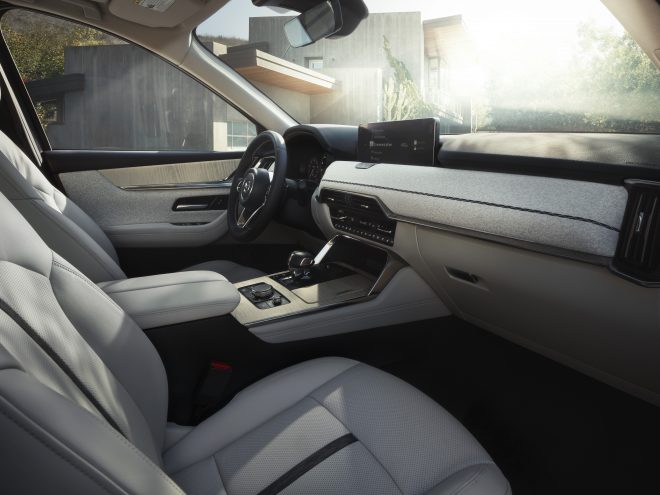
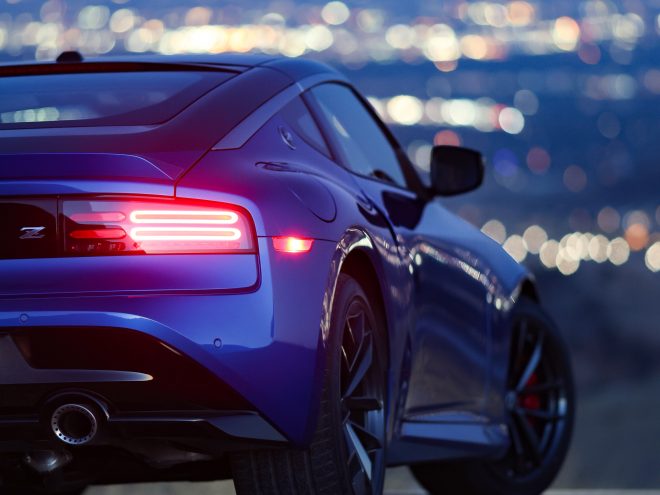
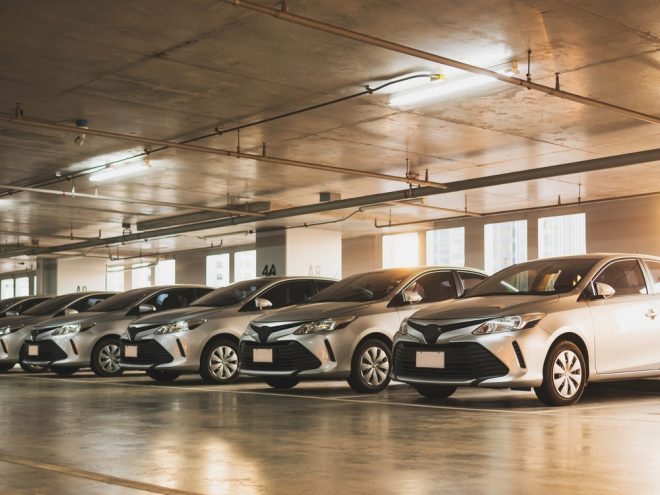
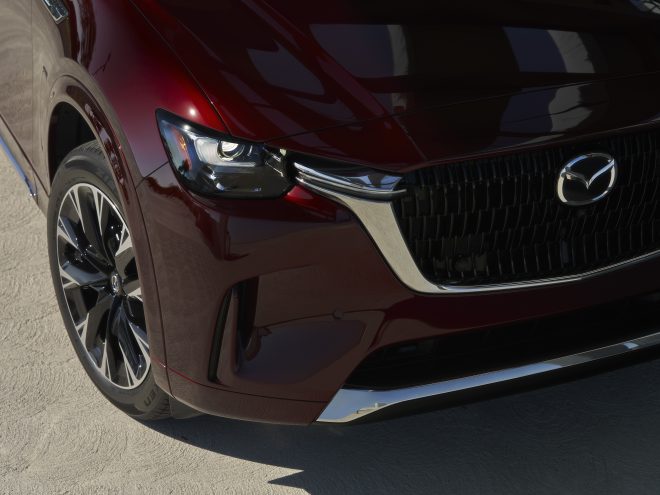




[…] variables on your end can keep things as safe as possible. The best way you can do this is practice safe driving every single day, but even before that, to inspect your vehicle before you even think of driving […]
[…] their investment to crossovers to meet the growing demand. If you have been considering buying a new car, there are many reasons why you should get a […]
[…] Content Source: – wheelsinquirer, theintelligentdriver […]
[…] The Pros & Cons Of Buying A Small Car […]